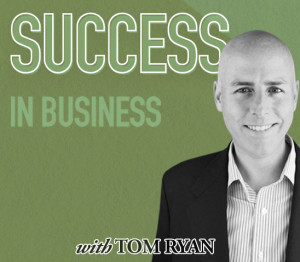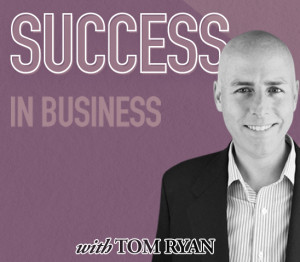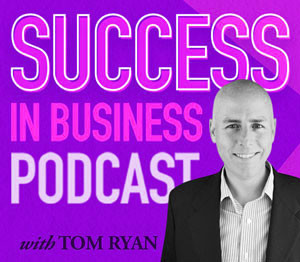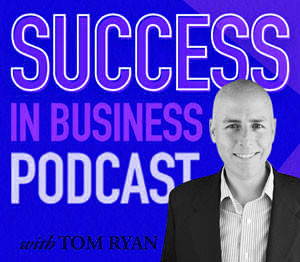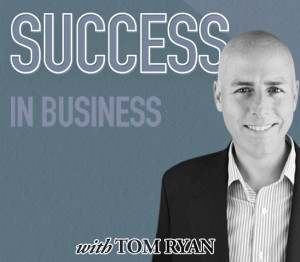 We’ve all heard the stats about business failure. According to some fairly reliable sources, as many as 8 in 10 businesses will fail within the first 18 months. But that statistic doesn’t tell the whole story. Many of those businesses were doomed to fail long before they ever opened their doors. Why? Their founders had no idea how the business was actually going to make a profit.
We’ve all heard the stats about business failure. According to some fairly reliable sources, as many as 8 in 10 businesses will fail within the first 18 months. But that statistic doesn’t tell the whole story. Many of those businesses were doomed to fail long before they ever opened their doors. Why? Their founders had no idea how the business was actually going to make a profit.
In my last post, I stressed just how important the financials are when planning a new business. The better your understanding of your path-to-profitability, the easier it is to both communicate and implement that plan. Continue reading

